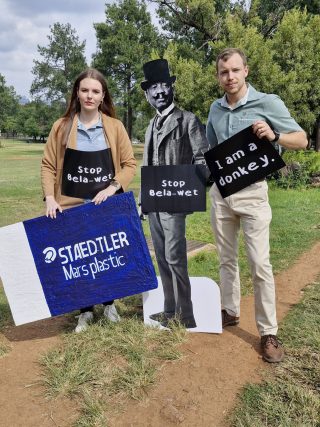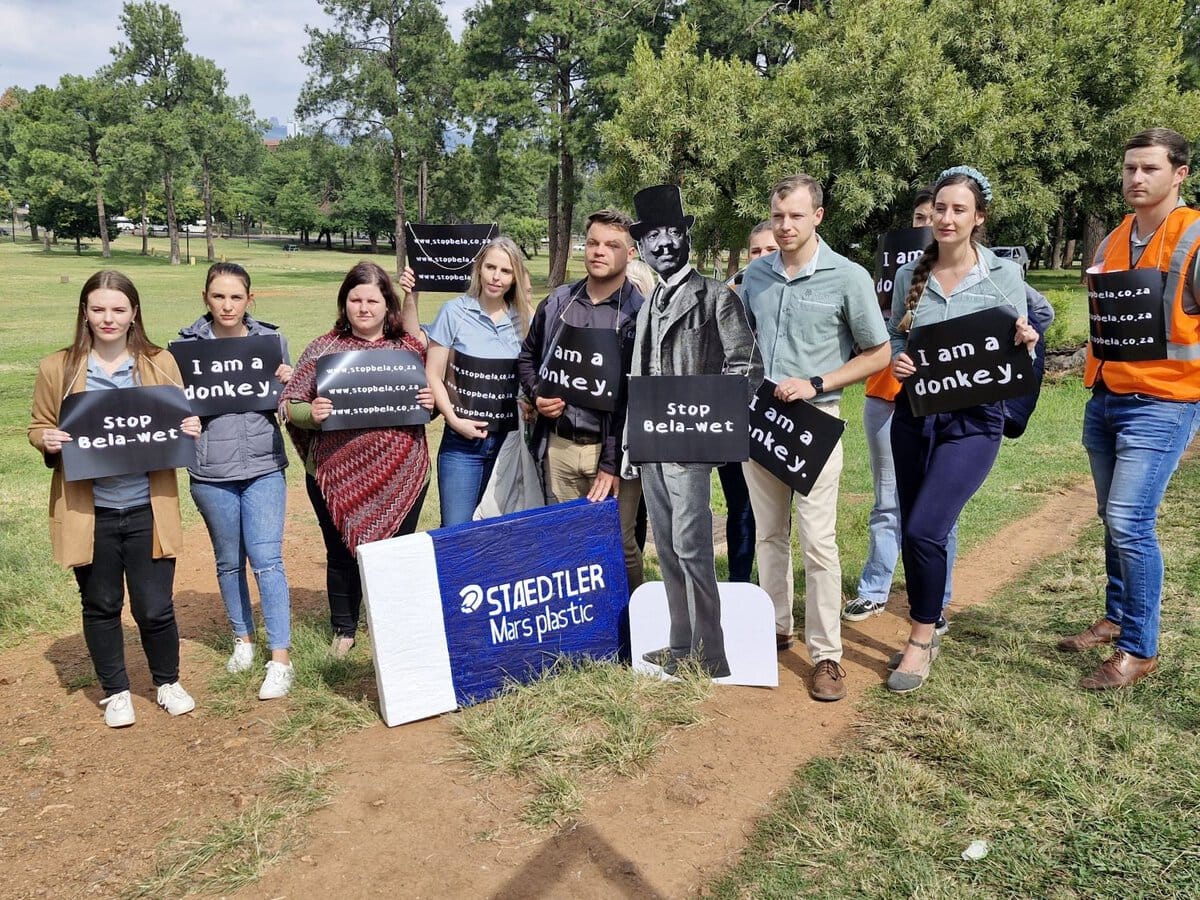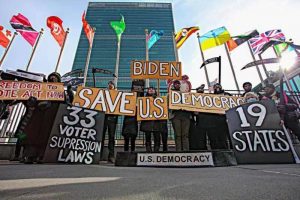There is a chance that the controversial Basic Education Laws Amendment Bill (the Bela Bill) may undergo an important change, which will not give the department the final say on language and admissions policy.
The National Council of Provinces must vote on the law next week after the mandate of each province has been considered by the select committee. At the event, the committee will also assess each clause of the bill separately.
RNews reported at the end of March that eight of the nine provinces have now given their support to the amendment act in the NRP. However, the Western Cape’s process of public input had not yet been completed.
Dr. Wynand Boshoff, the FF Plus’ spokesperson on education, says there are indications that the Western Cape will make a proposal for an amendment in the NRP, which will mean that the provincial education department, in consultation with a school’s governing body, about the language and admissions policy must be decided. “Should the two parties not be able to come to an agreement, they must take the issue to a higher authority. If the NRP can agree on this, it will make the teeth of the bill much blunter.”
Should such an amendment be accepted, the law will be referred back to the National Assembly, which must first accept it again, before the president can sign it. This, says Boshoff, again buys valuable time in the run-up to the election.
Boshoff believes that even if the amendment law is accepted in its current format, the president will be reluctant to sign it because there are all indications that comments during the public participation process were not properly taken into account.
“Should the concept become law, it would be easier to fight on the basis of this in the Constitutional Court.”
‘I am (not) a donkey’ – Youth protest against Bela law

Members of AfriForum Youth called on President Cyril Ramaphosa during a protest action at the Union Building on Monday to scrap the Bela bill in its entirety. A memorandum, addressed to Ramaphosa, in which AfriForum Youth sets out their opposition to the bill, was also handed over to a representative of the presidency during the protest action.
According to AfriForum Youth, the Bela bill is reminiscent of the Anglicisation policy that British authorities applied in schools shortly after the Anglo-Boer War. As part of this policy, children were humiliated if they spoke Afrikaans at school. Signs on which the words “I am a donkey, I spoke Dutch” were affixed were then hung around these children’s necks in an attempt to anglicize them. In order to raise awareness of the contemporary anglicization that is to be imposed on schools with the Bela bill, AfriForum Youth members who participated in the protest also wore “donkey boards” around their necks.
AfriForum Youth argues in the memorandum that the Bela bill is a direct attack on mother tongue education in general, and an indirect attack on Afrikaans as a language of instruction. The bill contains clauses that strip governing bodies of the power to determine a school’s language policy themselves and that will make it impossible for parents to teach their children at home if the provincial education department has not granted prior permission. AfriForum Youth emphasizes that, if the bill were to be accepted in its current form, its application would amount to cultural ethnic cleansing.
“With this phenomenon, one group (for example a government) attempts to destroy all forms of cultural diversity of one or more cultural minorities by means of the application of extreme assimilation and the destruction of a group’s cultural heritage and history, and then ‘ imposing a single language or worldview on these groups,” said Louis Boshoff, spokesperson for AfriForum Youth.
“Today’s group of protesters included young people who currently still have the privilege, or had until recently, of being taught in their mother tongue, and would like to see their children also one day granted that privilege.
“A large number of organizations and individuals have already expressed their opposition to the Bela bill, but today’s protest action shows that the destructive bill will not only affect anonymous or faceless people, but the youth of the present and future generations. The youth’s voice will not be muted – that is why the president must pay attention now,” concludes Boshoff.








